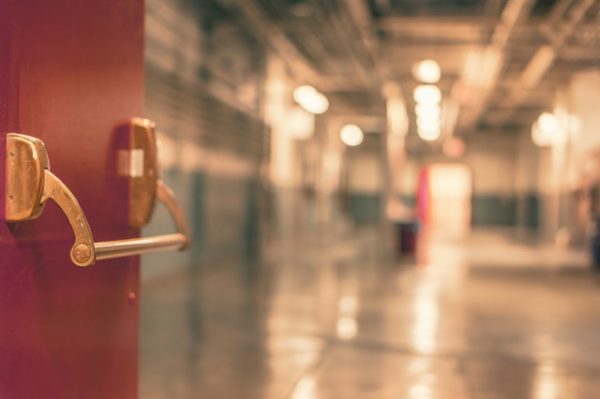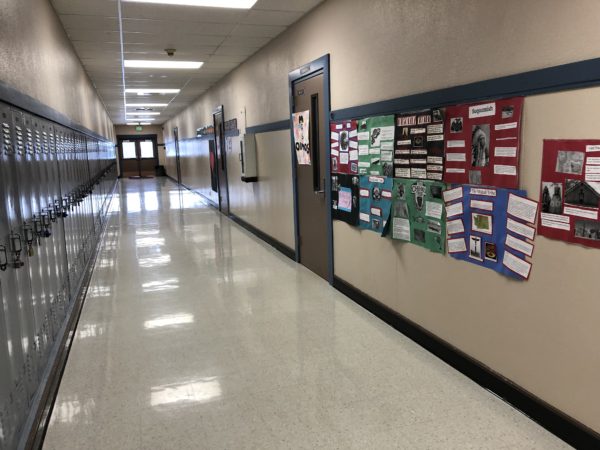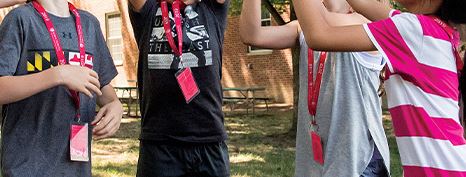And that’s a wrap folks! Just in time, legislators were able to build consensus and pass an operating budget before the scheduled close of session on Sunday, April 27th. In many ways this session felt longer and more difficult than others in the past; with inner-party tensions, the multi-billion dollar budget deficit looming over everything and debates over parental rights in schools, lawmakers had their hands more than full. Legislators released their final operating budget deal on Saturday, within the required 24 hours prior to a floor vote, and wrapped up the session at 6pm Sunday, spending their final day approving new two-year budgets for the state’s day-to-day operations, transportation system and capital construction.
ESSB 5167, was the final operating budget bill, passed on partisan votes in both chambers. Without going into all the fine points of the budget bill, it’s helpful to point out that the tax package totals around 9 billion in 4 years. “Much of that money, around $5.6 billion, will come from increases in the state’s main business tax. There’s also a higher rate added to the state’s capital gains tax for gains above $1 million.” Reports The Washington State Standard.
On the education front, arguably the most impactful and beneficial moves made by legislators this session were the investments in special education. E2SSB 5263, a bi-partisan bill, co-sponsored by Senate Majority Leader Senator Jamie Pedersen (D-43) and the Senate Minority Leader, Senator John Braun (R-20), remained in the final operating budget and lifts the 16% cap on special education funding for Washington’s public schools. The legislation also increased the special education funding formula and the safety-net threshold for high-cost students was lowered.
On Tuesday, April 28, State Supt. Christopher Reydal, weighed in on the 2025 Legislative Session, commending lawmakers for maintaining their commitment to funding Washington’s Public Schools despite the huge budget deficit. Reykdal stated, “Our priority request to the Legislature this year was to increase funding for supports for students with disabilities and to remove the artificial cap on state funding for students with disabilities. Lawmakers did both, bringing our state much closer to fully funding these essential services. All of our students have a right to basic education and deserve to thrive in their learning environments. This is not only a key Washingtonian value—it’s a constitutional obligation.”
Reykdol also brought attention to the legislature’s attempts at greater funding for materials, supplies, and operating costs (MSOC) in Washington’s schools. ESSB 5192, increased funding for MSOC, however, Reykdal notes that there is still more work to be done in the future to fully fund the costs that schools are facing.
As for Governor Ferguson, his role brought another dimension to the budget negotiations that lawmakers may or may not have foreseen. He previously rejected two budget proposals earlier in the session, sending budget writers back to the drawing board. However, when lawmakers in Olympia released their final proposed budget on Saturday, Ferguson noted that he was pleased that the legislature maintained the states’ savings and made investments in K-12 education. Ferguson has until May 17 to sign or veto the budget.
Bills Signed into Law
2SHB 1273: which directs ESDs to collaborate with specified entities to streamline regional efforts that support students’ dual credit access and directs the SBCTC to develop a plan for improving its online career and technical education (CTE) dual credit administrative data system.
ESHB 1393: which requires school districts, charter schools, and state-tribal education compact schools to permit students to wear one item or object of cultural significance at high school commencements and other official graduation ceremonies and events.
ESHB 1414: which directs OSPI, in consultation with the Department of Labor, to establish a work group to recommend changes to state laws and practices affecting the training, certification, and employment of 16- and 17-year-olds enrolled in or who completed career and technical education programs.
2SSB 5358: which permits school districts to offer Career and Technical Education Program (CTE) courses to sixth graders in middle school and requires middle and high school CTE courses to be treated as a single program for accounting purposes.
Bills Delivered to Governor Ferguson for Signature
SHB 1079: which allows school districts to provide all students enrolled in online school programs the option to take statewide standardized tests remotely, beginning in the 2027-28 school year.
ESHB 1296: which would make changes to the delineated rights of parents and legal guardians of public school children, establish a statement of student rights and associated duties for school districts, and establish anti-retaliation protections for public school employees.
ESHB 1651: which establishes teacher residency programs, describes a teacher apprenticeship program and establishes requirements for teacher apprenticeship programs (and number of hours) and requires the PESB to establish a process to approve these programs.
HB 2050: which would change the monthly apportionment schedule for allocations to public schools in the 2025-26 and 2026-27 school years and would limit the alternative learning experience enrollment used to calculate Local Effort Assistance (LEA) to 33 percent of a school district’s total enrollment.
ESSB 5004: which requires emergency response systems of school districts, charter schools, and state-tribal education compact schools to include specified technology and be developed in accordance with collaboration requirements.
SSB 5025: which directs the PESB to establish full and limited certificates for deaf and deaf-blind educational interpreters and specifies that, by the beginning of the 2027-28 school year, educational interpreters employed by school districts must obtain a certificate; and provides that those without a certificate, but who demonstrate satisfactory efforts toward full certification, may provide educational interpreter services for up to 18 months after completing the assessment.
SB 5189: which requires OSPI to adopt rules to authorize funding for students enrolled in competency-based education (CBE) programs and to create competencies aligned with state learning standards, as well as requires the SBE to develop a process to identify schools and school districts that are implementing CBE, and identify costs associated with this process.
ESSB 5192: which increases allocations for materials, supplies, and operating costs (MSOC) as well as provides that MSOC calculations must use a three-year rolling average for student enrollment and must be adjusted annually for inflation.
SSB 5253: which extends special education services to students with disabilities until the end of the school year in which the student turns 22.
E2SSB 5263: which would increase the special education funding multipliers to 1.6381 for Pre-K students and 1.5289 for K-12 students and would eliminate multiplier tiers that provide different levels of funding based on time spent in a general education setting.
Odds and Ends
“Lessons in special education don’t only happen in special ed classrooms.” From KQED’s MindShift, As Special Ed Students are More Integrated at School, Teacher Training is Evolving.
“I think a lot of people don’t realize that ASL is fully its own language.” From the Spokesman Review, Now a State Champion, a Ferris Junior Had No Concept of Her ‘Deaf Culture,’ Before Taking an ASL Class.



